Ryan White Program aims to raise HIV awareness and debunk the stigma
"Having all of this in one place has really helped our patients take control of their care," says Raven Wells.
The Medical College of Georgia has a nearly 200-year-old tradition of Great Doctors & Great Medicine.
Since 1828, the state's flagship medical school, with one of the largest student bodies in the nation, has been educating the next generation of physicians and physician researchers for Georgia & beyond.
The educational experience at MCG is anchored by the main campus in Augusta and includes regional clinical campuses for third- and fourth-year students across the state, as well as two other four-year campuses - in Athens in partnership with the University of Georgia, and in Savannah in partnership with Georgia Southern University. MCG's total enrollment is 304 students per class, making it the fourth largest medical school class size in the nation. MCG’s statewide educational model offers students the opportunity to experience the full spectrum of medicine, from complex care hospitals to small-town solo practices.
Our innovative 3+ Curriculum also gives students the chance to tailor-make their educational experience. For a number of them, it provides a more efficient pathway into primary care. The majority spend their fourth year honing clinical skills, delving deeper into research or completing a dual degree, like an MD/MBA or MD/MPH.
Every year, MCG students — those who study at the academic medical center in Augusta, as well as those who study at one of our regional campuses — have a Match rate that is higher than the national average, earning residency positions at top-tier programs across the country and at MCG and Wellstar MCG Health.
The medical school and its teaching hospitals also provide postgraduate education to nearly 600 residents and fellows in 51 different Accreditation Council for Graduate Medical Education-approved programs. Around 50 percent of our graduates remain in Georgia to practice.
Our researchers and clinicians focus on what most impacts the health of Georgia's and America’s children and adults, including aging, cancer, diabetes, heart disease and stroke, immunology, vision, obesity and regenerative medicine. Our physician faculty also share their expertise with physicians and patients at about 100 clinics and hospitals statewide.
The Medical College of Georgia is fully accredited by the Liaison Committee on Medical Education.
MCG Office of Admissions
Health Sciences Campus
706-721-3186
Hospital Access Rd, BC 1100, Augusta, GA 30912
706-721-0959
MCG on YouTubeMCG on LinkedInMCG on FacebookMCG on Instagram
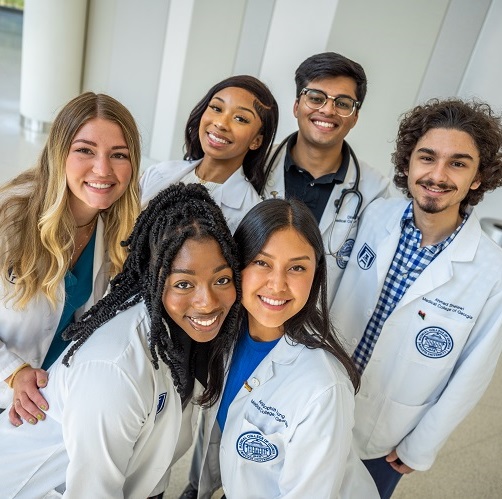
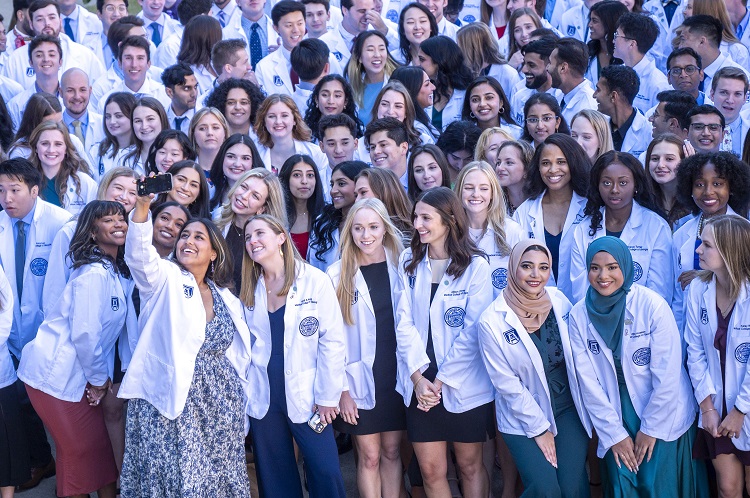
Medical Students Enrolled
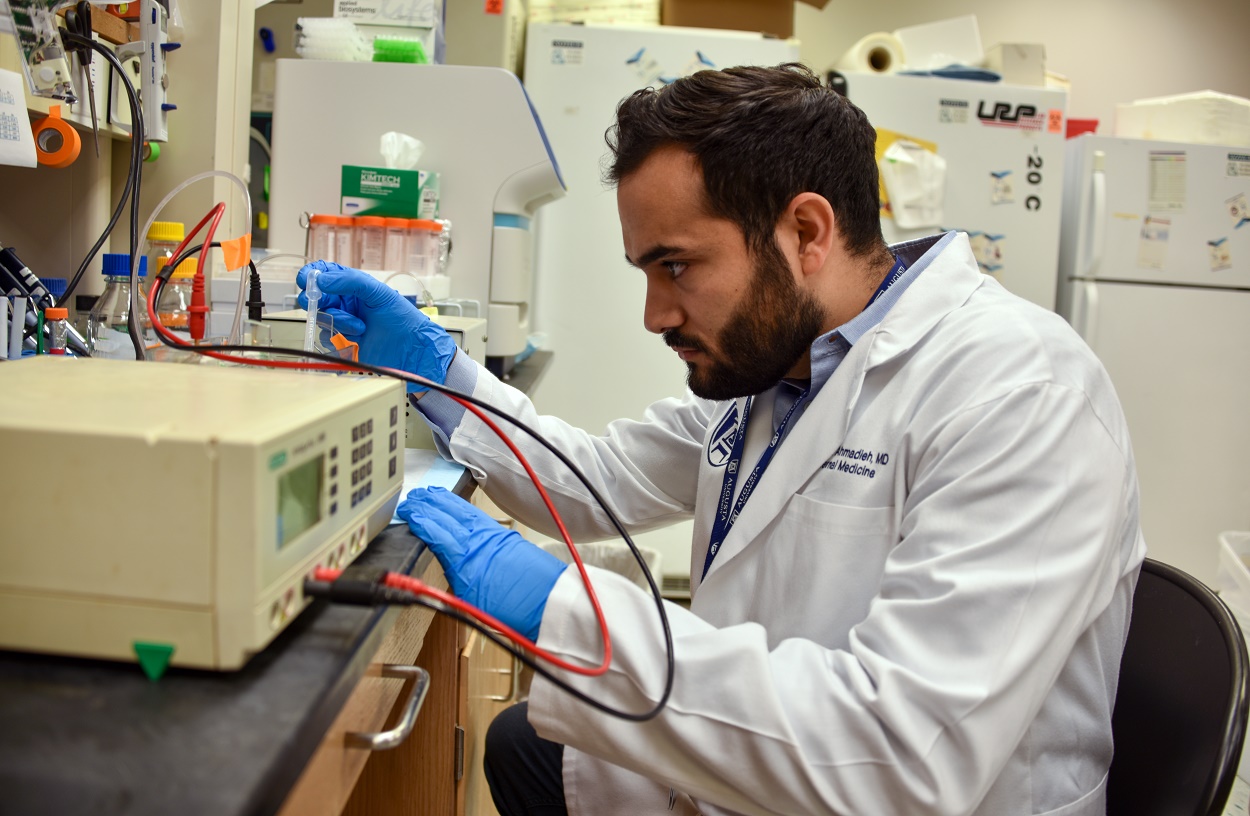
Residents & Fellows
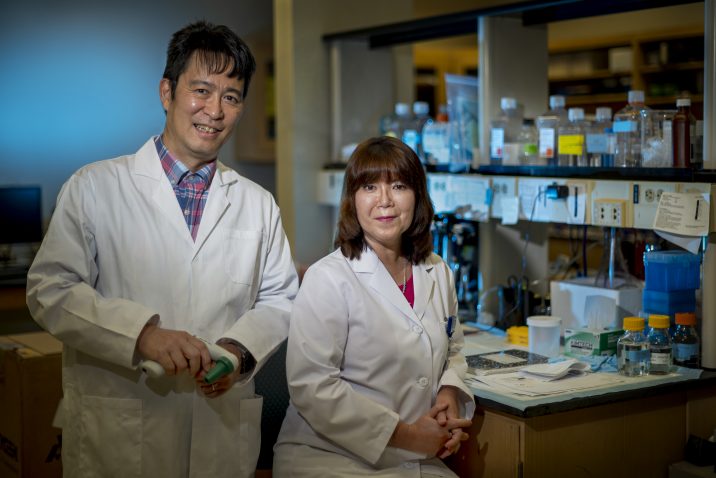
in Total Research Grants & Contracts
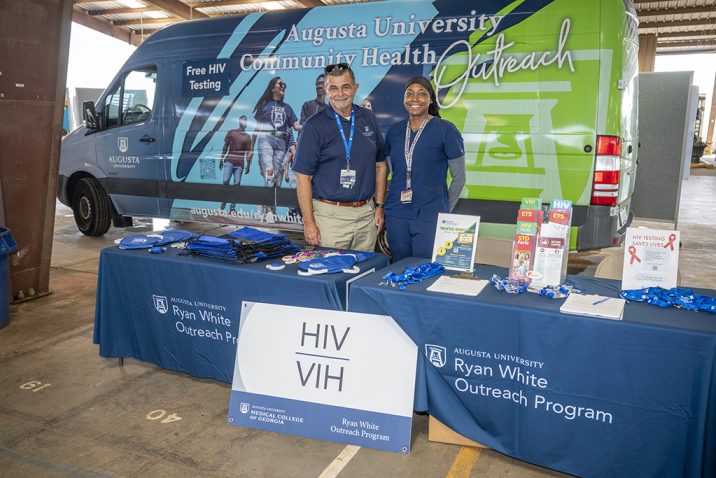
"Having all of this in one place has really helped our patients take control of their care," says Raven Wells.
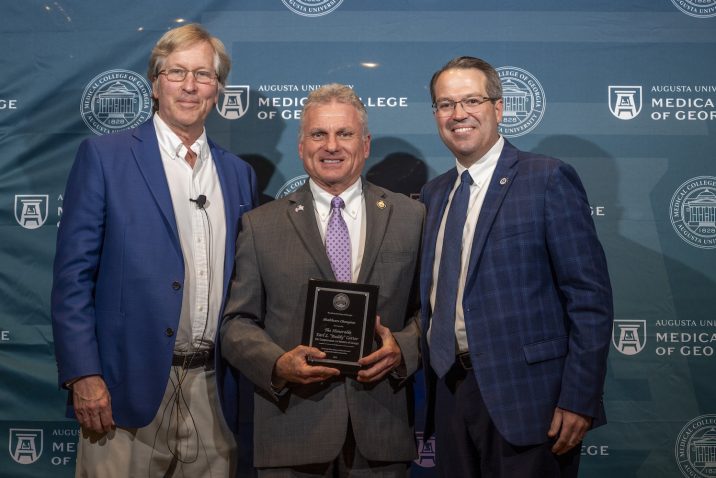
U.S. Rep. Earl L. “Buddy” Carter, State Sen. Ben Watson and State Rep. Mark Newton were honored as 2025 Legislative Champions by AU’s Medical College of Georgia.

"The strong presence of AU faculty and trainees at the APS Summit is a powerful testament to our leadership in physiological research," says Jennifer Sullivan, PhD.

“I have taken care of patients who had a complete blockage in a major leg artery and had no idea they had any problem," says Brian H. Annex, MD.
Admissions Academic Affairs Student Affairs Residencies & Fellowships MCG 3+ Program Office of Faculty Affairs & Success
MCG on YouTubeMCG on LinkedInMCG on FacebookMCG on Instagram
